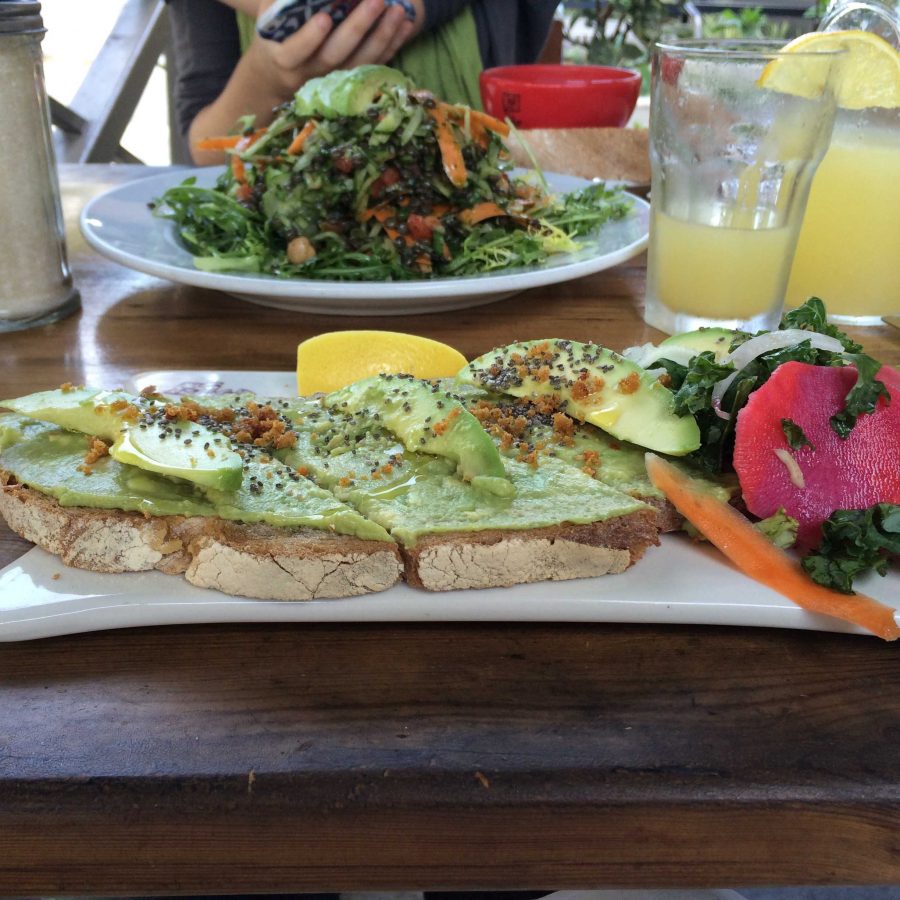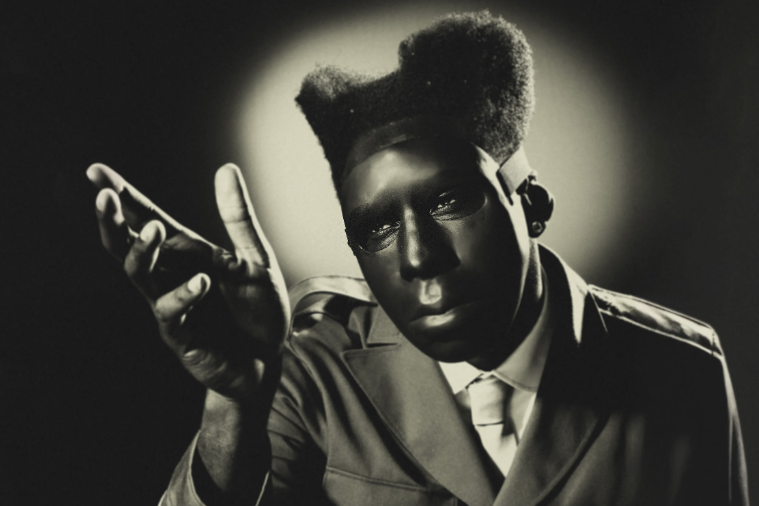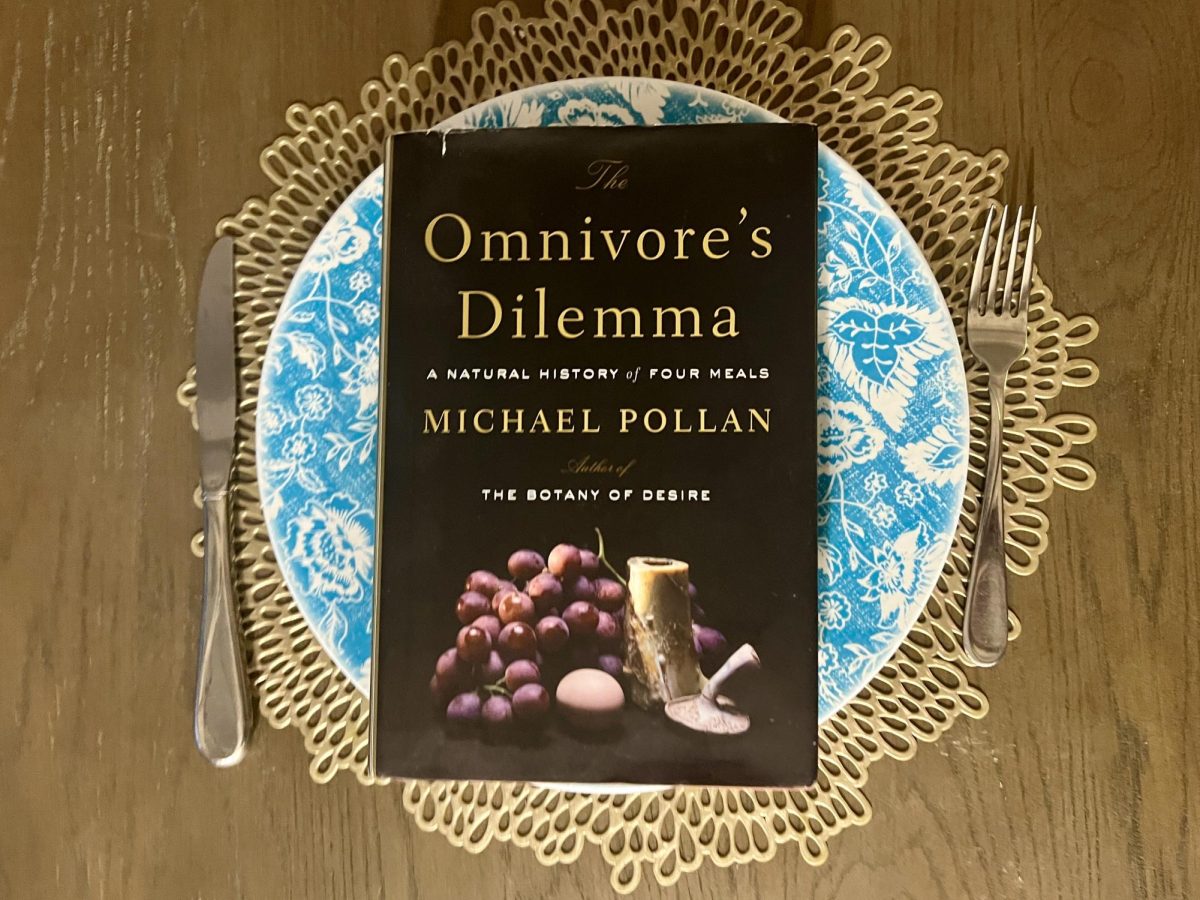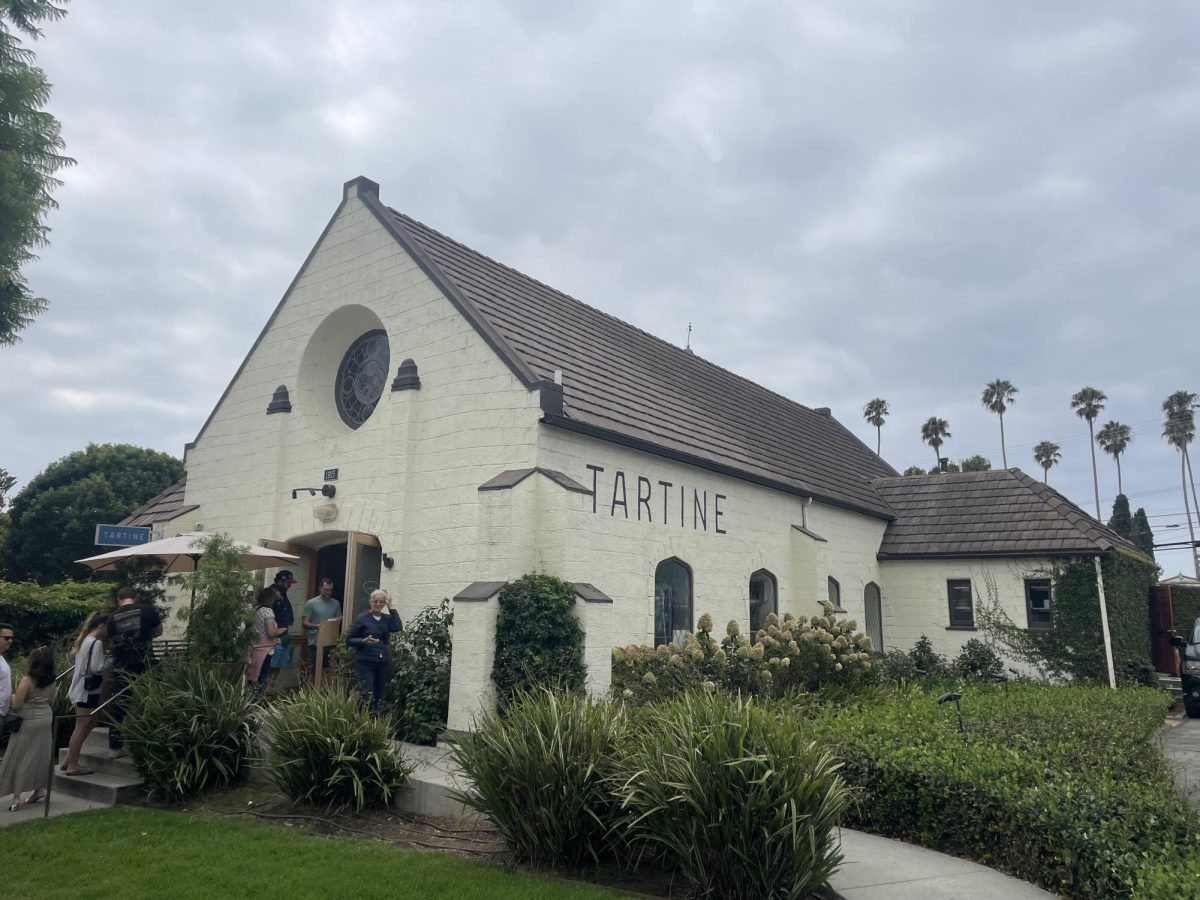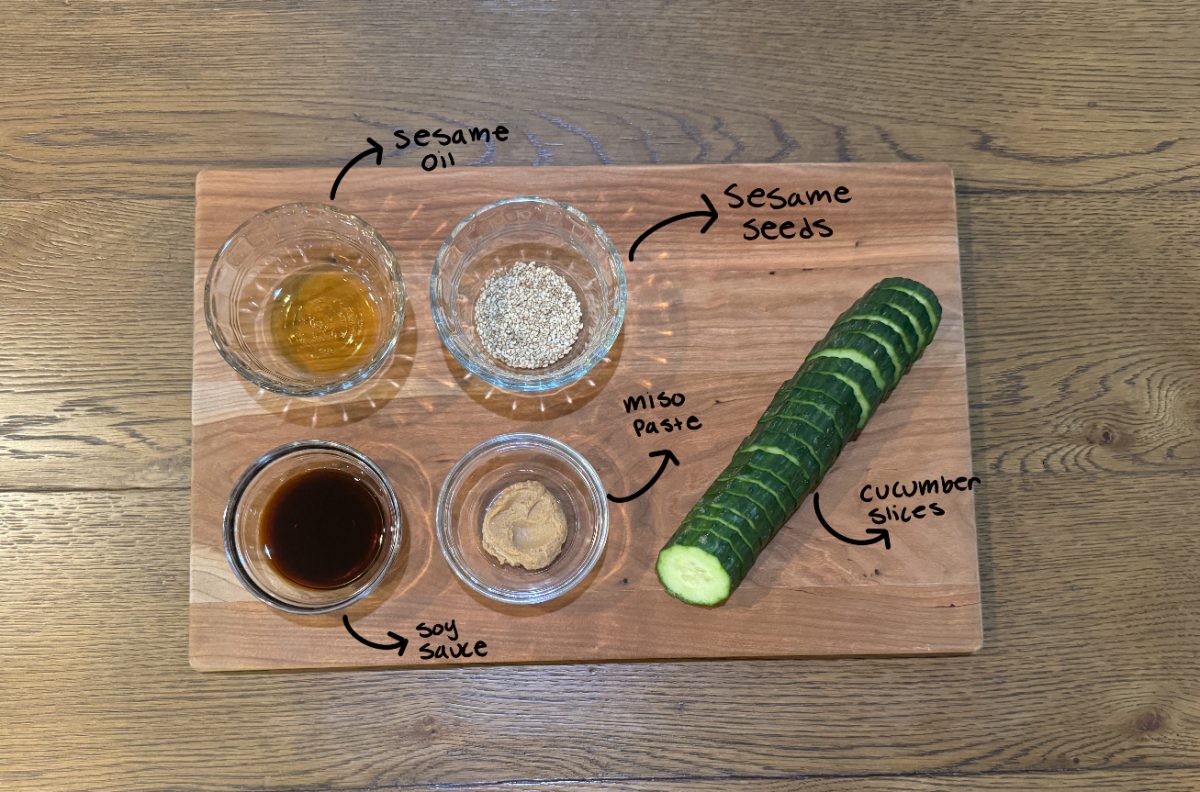Sometimes people check the nutrition facts and ingredients on food for the amount of calories or sugars, but others have completely different motives for checking ingredients. Vegetarianism, pescetarianism and pollotarianism diets are all strict diets that regulate consumption — the most strict diet of all is a vegan diet.
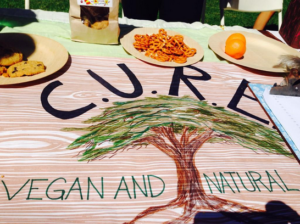
At Archer, some upper school students have made the choice to follow a vegan diet.
What is a vegan? According to The Vegetarian Resource Group, “Vegetarians do not eat meat, fish or poultry.” But vegans are not just vegetarians.
“Vegans, in addition to being vegetarian, do not use other animal products and by-products such as eggs, dairy products, honey, leather, fur, silk, wool, cosmetics and soaps derived from animal products,” the site indicates.
When asked about her transition to veganism and her reasons for being a vegan, senior Chloe Hallinan ’15 told the Oracle in an email interview, “I had been a vegetarian for a year before I became vegan, which I did to reduce the suffering of animals and to reduce the negative environmental impact of raising animals.”
Senior Emerson Krull ’15 told the Oracle that she had been a vegetarian before becoming a vegan as well.
“Veganism combined my environmental beliefs, health beliefs and beliefs on animal rights,” Krull said.
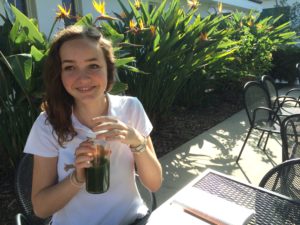
Being a vegan isn’t easy. Junior and vegan Ava-Rose Beech ’16 told the Oracle in an email interview, “I would say there were a lot of hardships in going out to eat or eating at friends’ houses.”
“I wouldn’t eat something someone had made, but this also gave me a lot of confidence in being able to politely explain my situation,” she said.
Hallinan was unable to continue her veganism after nine months, due to her fifth broken wrist. Because meat introduces protein into our diets, one of the drawbacks of veganism is this type of health risk.
While Hallinan said she “felt equally as healthy,” her doctor worried about her calcium intake.
According to the website of The American Journal of Clinical Nutrition, “Eliminating all animal products from the diet increases the risk of certain nutritional deficiencies. Micronutrients of special concern for the vegan include vitamins B-12 and D, calcium, and long-chain n–3 (omega-3) fatty acids.
Despite these potential health risks, vegan culture is thriving at Archer. The new club C.U.R.E. (pictured above) shows the growing passion for veganism at Archer.



